
Why Is My Face Darker Than My Body? Common Causes and Solutions
Ever looked in the mirror and wondered, "Why is my face darker than my body?" This is a common problem that many people face, and it can be really annoying, especially if you don't know what's causing it. The face is more exposed to the factors that darken skin, such as sun exposure, pollution and Skincare products. But, with the proper knowledge and skin care regimen, this uneven tone can be managed and even reversed. Here are some reasons for facial darkening and how to treat it:
Why is my face darker than my body?
A host of reasons can explain why the skin on your face is darker than the skin on the rest of your body. Here are some answers to the question, "why is my face darker than my body?":
Increased sun exposure on the face compared to other body parts
One of the main reasons that your face is darker is because it is the part always exposed to the sun, while most of your body is covered with clothes, whether it's just a thin layer of fabric or multiple heavy layers. UV triggers the production of melanin, the pigment that gives colour to our skin, resulting in tanning and chronic pigmentation. Even when you're not sunbathing, daily exposure to sunlight while walking outdoors, driving, or sitting in front of a window can slowly darken the face over time.
Higher melanin production in facial skin due to external factors
One of the main causes of skin discoloration on face is the higher production of melanin. The skin on your face is thinner and more sensitive than the skin on the rest of your body. As a result, it's more prone to a stronger reaction to environmental aggressors such as pollution, harsh weather, and skincare products. Under stress, the skin produces melanin as a protective mechanism in much higher volumes than in other regions of the body, resulting in a darker complexion.
Why is my face getting darker than my body?
Facial darkening can worsen with time through various internal and external triggers. If you have noticed that your face is gradually darkening, then it is important to know the potential reasons to avoid more pigmentation.
Hormonal changes (melasma and hyperpigmentation)
Hormones can be one answer to the question, "Why my face is darker than body?" Hormonal changes in women can lead to skin pigmentation disorders such as melasma. This condition causes dark, patchy spots on the face and is often triggered by pregnancy, birth control pills, and hormonal imbalances.
Pollution and environmental damage
Environmental factors can be another answer to the question: "why is my face darker than my neck?" Daily exposure to smoke, air pollution, and toxins causes oxidative stress on the skin. These irritants lead to inflammation, breaking down the skin's protective barrier and spurring excess melanin production. Over time, this leads to dull, uneven skin tone, resulting in a darker face compared to the body.
Overuse of certain skincare products
The answer to "why is my face and neck darker than body" might be the products you are using. Harsh skincare products like strong exfoliants, retinoids, and chemical peels can disturb the skin's natural balance. The skin becomes more susceptible to hyperpigmentation when irritated or deprived of its natural moisture. This is particularly common among people who overuse glycolic acid, benzoyl peroxide, or high levels of vitamin C with no hydration.
Sun damage and lack of proper sun protection
Another reason for "why my face color is darker than my body" can be exposure to sunlight. Even if you don't spend hours in direct sunlight, daily exposure to UV rays can cause cumulative damage. While many people mistakenly believe that wearing sunscreen is not essential, skipping SPF leaves the skin darkening over the years. Hyperpigmentation caused by the sun also makes people look older than they are.
Skin conditions like post-inflammatory hyperpigmentation (PIH)
What is post-inflammatory hyperpigmentation? This condition happens when the skin overproduces melanin during the healing process. Even inflammatory skin conditions like acne scars and eczema can leave behind dark spots once the condition is healed.
Lifestyle factors such as stress, diet, and lack of hydration
Are you wondering why is my skin getting darker? Remember that your skin's health is highly influenced by your day-to-day choices. Chronic stress can stimulate hormone release, leading to an increase in melanin production. Moreover, a diet deficient in essential vitamins and antioxidants can compromise the skin's innate capacity to heal. Dehydration also contributes to dullness, making the skin appear darker than normal.
How to prevent and treat facial darkening
You already know why face colour is darker than body. But, the positive part is that it can be avoided and treated with proper skincare routine and lifestyle changes. With the right proactive measures, you can ensure an even skin tone.
Importance of daily sunscreen application
The key to preventing facial darkening is to apply sunscreen daily. A dewy sunscreen is an excellent choice as it protects skin from the sun while also providing hydration. This lightweight formula protects the skin without weighing the face down or causing greasiness. Sunscreen must be reapplied every two or three hours in order to be effective.
Using skin-brightening ingredients
Using brightening skincare ingredients can help reduce the appearance of these dark spots and even out skin tone. Here are three potent ingredients to use:
- Vitamin C: A strong antioxidant, vitamin C helps brighten skin, fight pigmentation, and boost collagen. Use a vitamin C serum to diminish dark spots and brighten skin.
- Niacinamide: It balances oil production and reduces redness and hyperpigmentation. Niacinamide serums is great for enhancing skin clarity and fading dark patches.
- Alpha Arbutin: It brightens complexion by inhibiting melanin production. Hyperpigmentation serums with alpha arbutin can help in fading pigmentation.
Gentle exfoliation to remove dead skin buildup
Sloughing off dead skin 2-3 times a week brings forth brighter, healthier skin. Over-exfoliation, however, can lead to irritation and increased pigmentation. Stick with gentle exfoliators to keep your skin smooth and even-toned.
Maintaining a balanced skincare routine
It is very important to follow a good skincare routine to avoid any further pigmentation. To achieve the best results, stick to these steps:
- Use a mild hydrating cleanser to remove dirt and impurities.
- Use a gentle toner to balance the skin's pH and prepare it for serums.
- Brighten and repair skin with serums containing nourishing ingredients.
- Apply a nourishing but lightweight moisturiser to hydrate the skin.
- Apply sunscreen each morning and reapply during the day.
Conclusion
Sun exposure, hormonal imbalance, environmental damage, and skincare habits are some of the reasons for uneven skin tone and having a darker face than the body. Luckily, facial darkening can be managed and treated effectively, provided you maintain a proper routine and avoid triggers.
FAQs
Why is my face darker than my body, even when I avoid the sun?
Even if you don't spend much time in the sun, there are many factors, such as pollution, hormonal changes, or specialised skin products, which can darken your face.
Does diet affect skin pigmentation?
Yes, a diet rich in vitamins and antioxidants helps to keep the skin healthy and can reduce pigmentation issues. A bad diet can cause inflammation and aggravate hyperpigmentation.
What are the best ingredients to reduce facial darkening?
Vitamin C, niacinamide, and AHAs are good ingredients to brighten the skin and reduce pigmentation.
Why is my face darker than my neck?
The skin of the face is subjected to a greater amount of sun and environmental stress than that of the neck or other parts of the body. This leads to increased melanin production in the face and makes it look darker.
Why is my face and neck darker than my body?
Hormonal changes, sun exposure, and environmental damage may lead to pigmentation on the face and neck. Good sunscreen and brightening skincare products can help even it out.






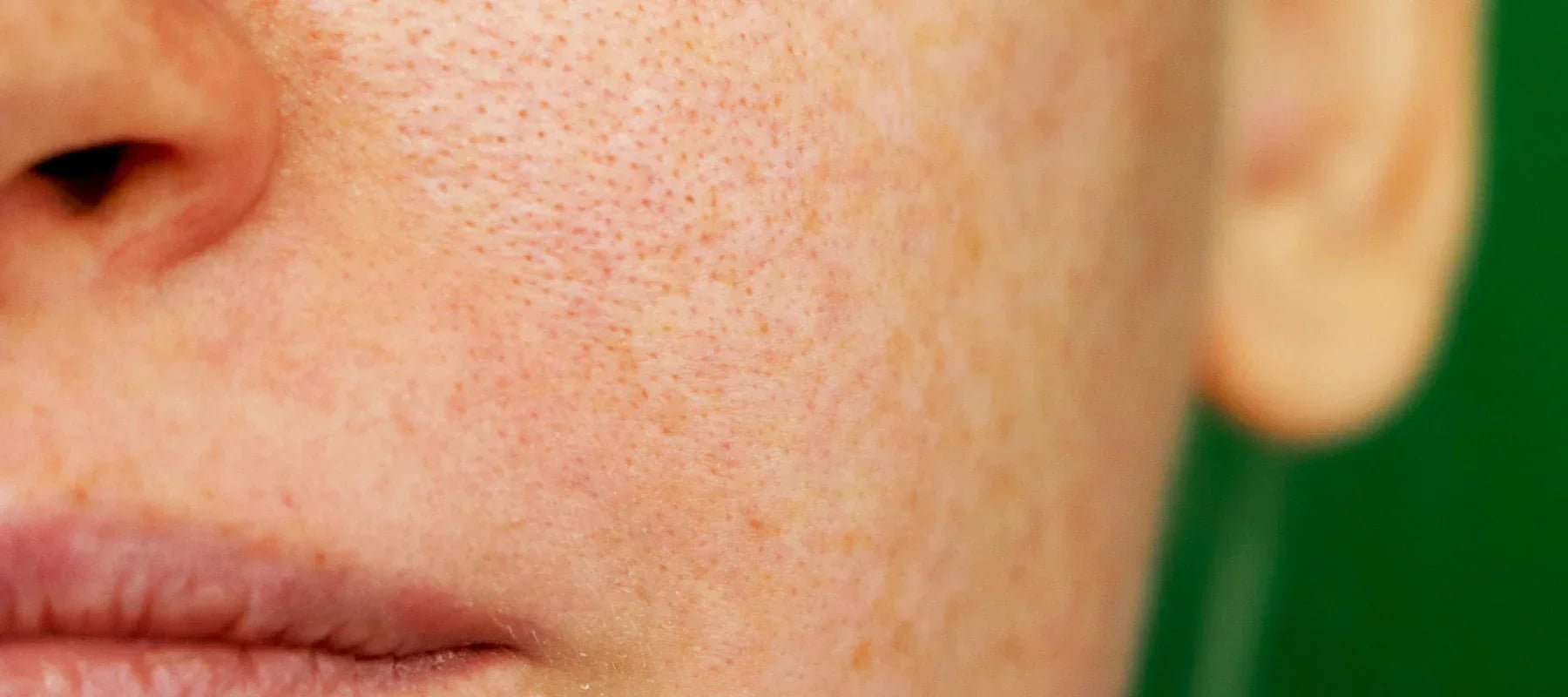



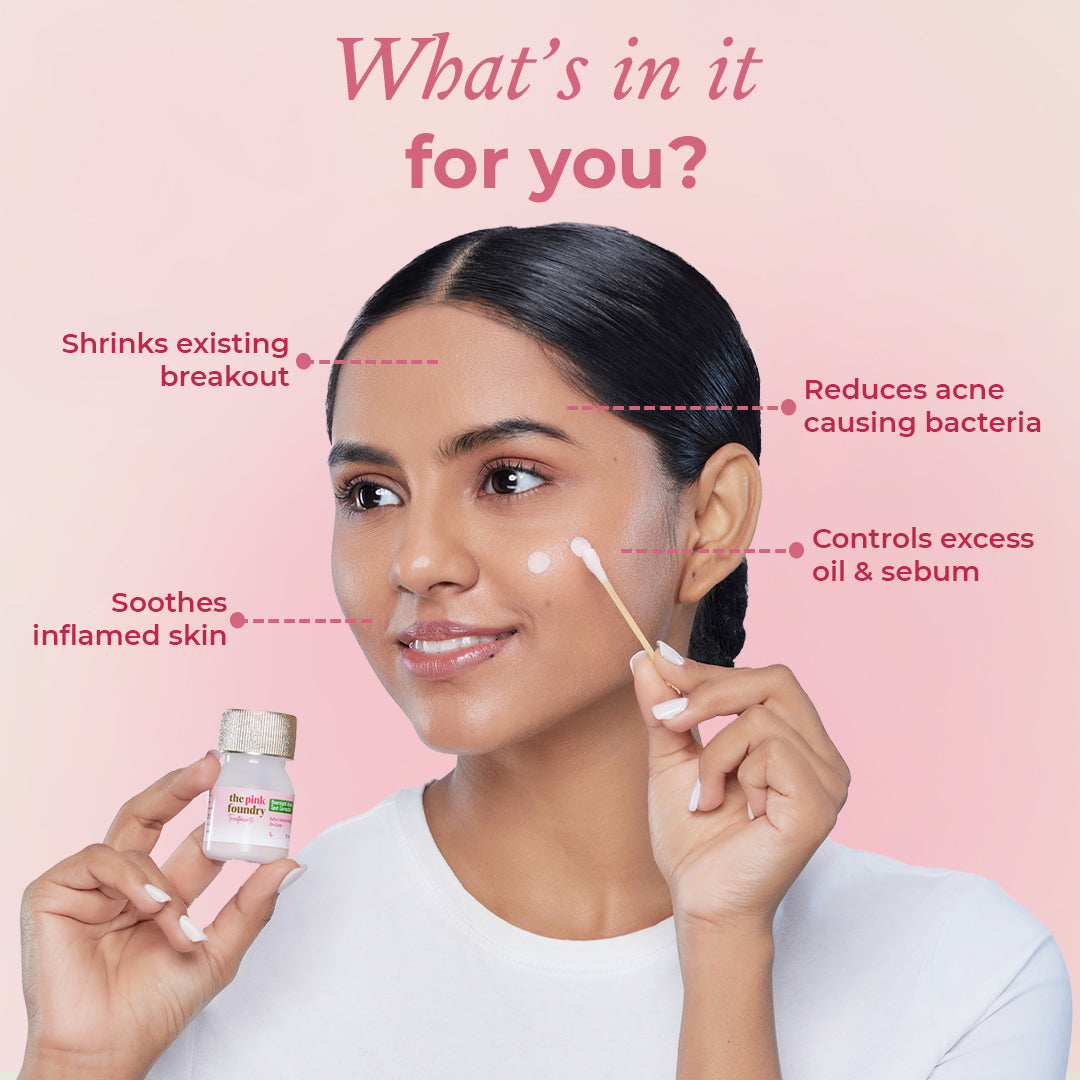

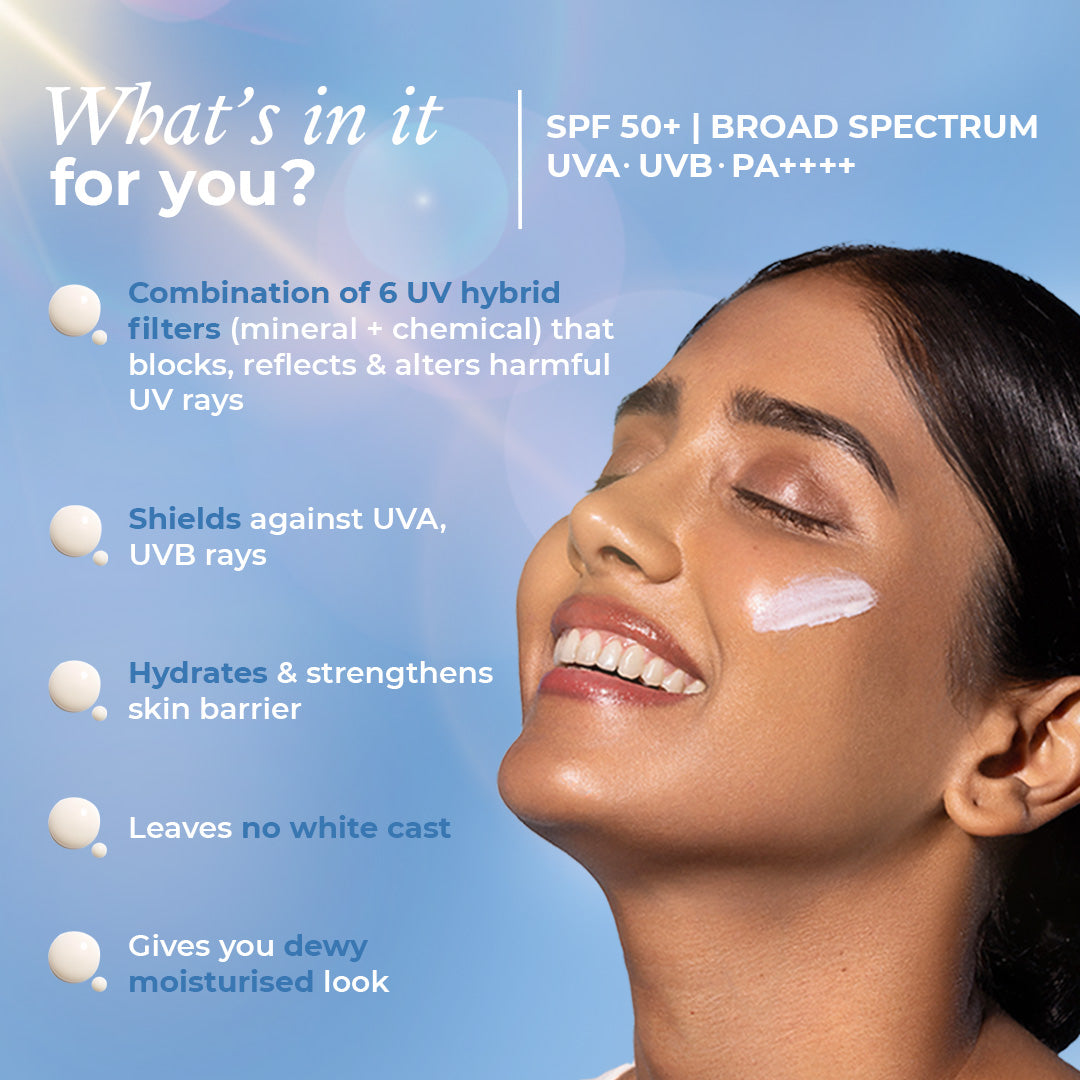


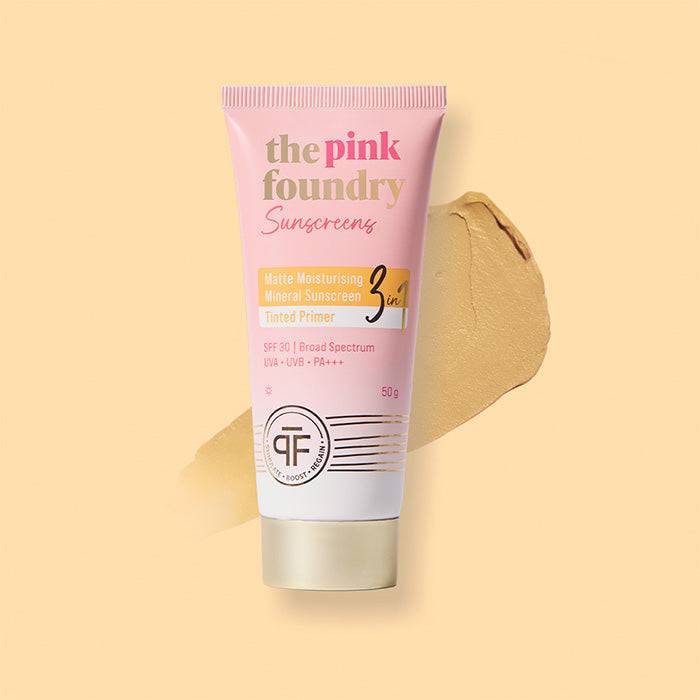
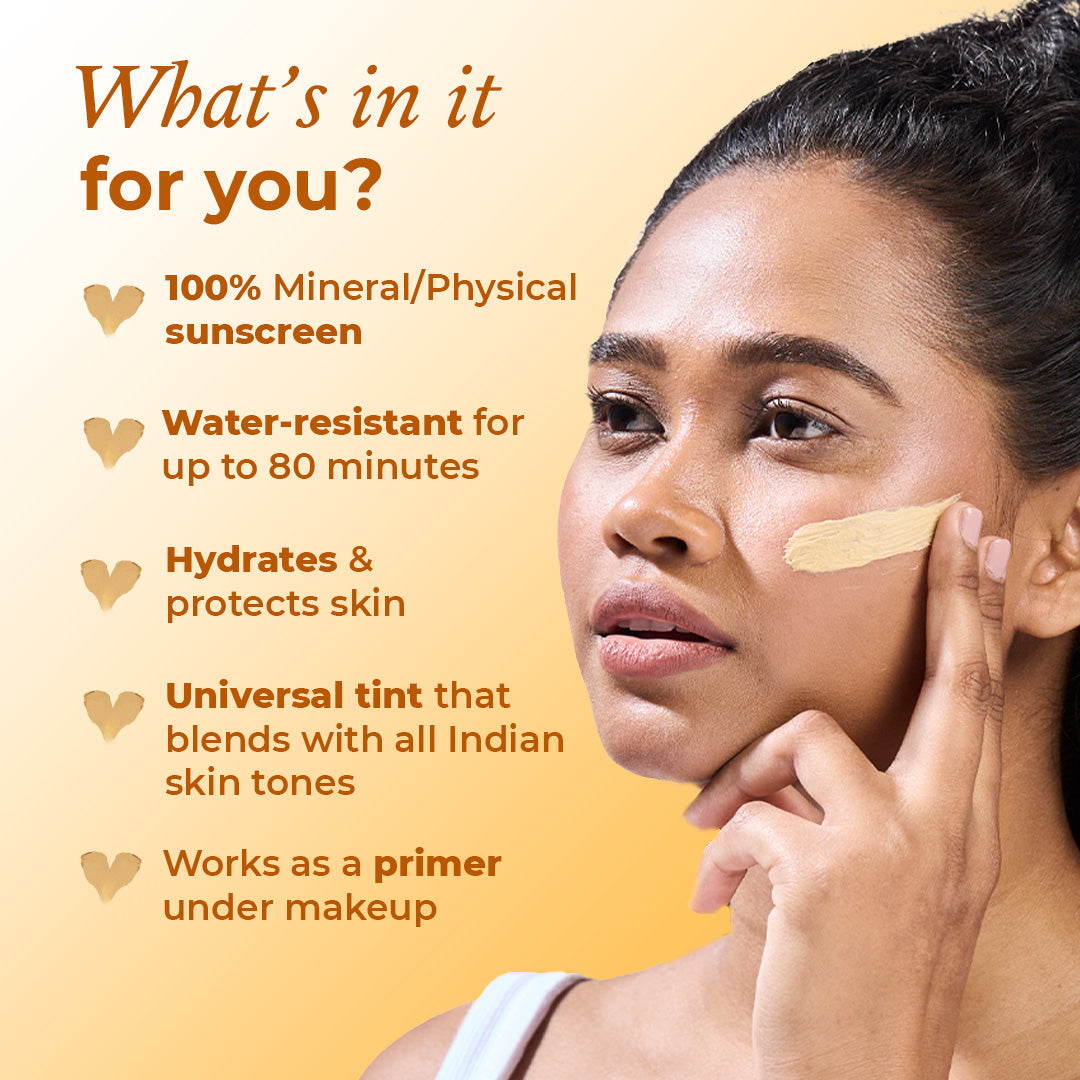



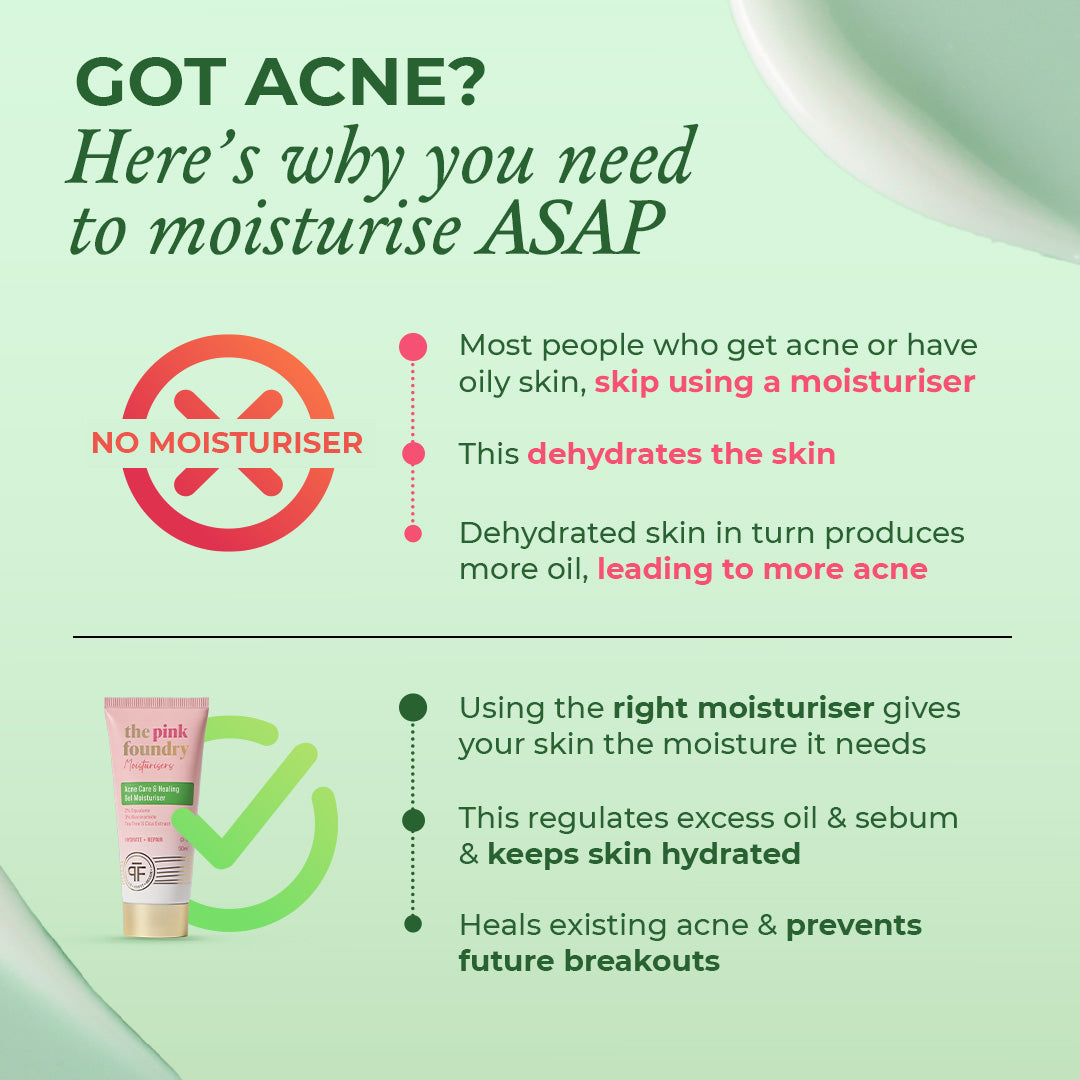
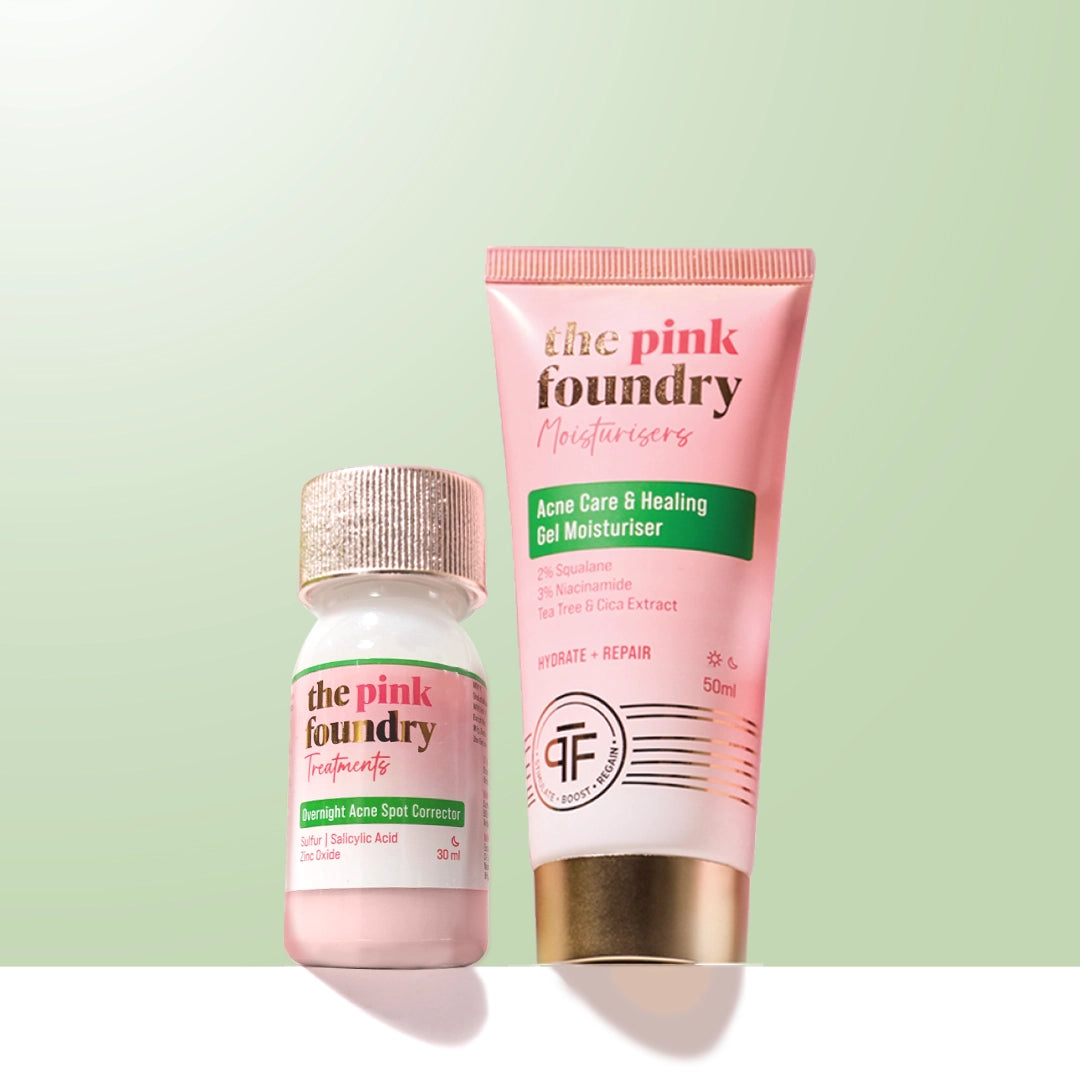
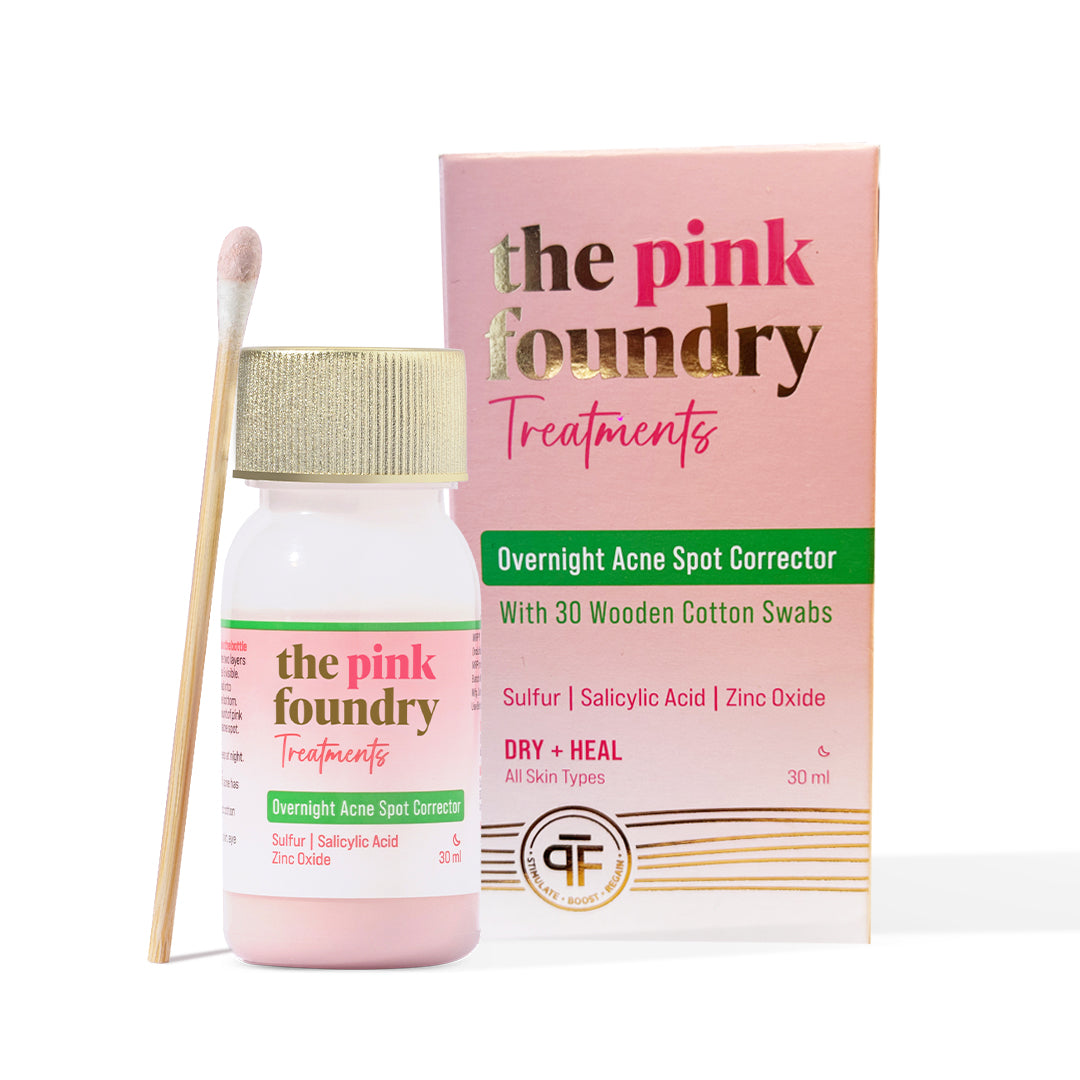
Leave a comment
This site is protected by hCaptcha and the hCaptcha Privacy Policy and Terms of Service apply.